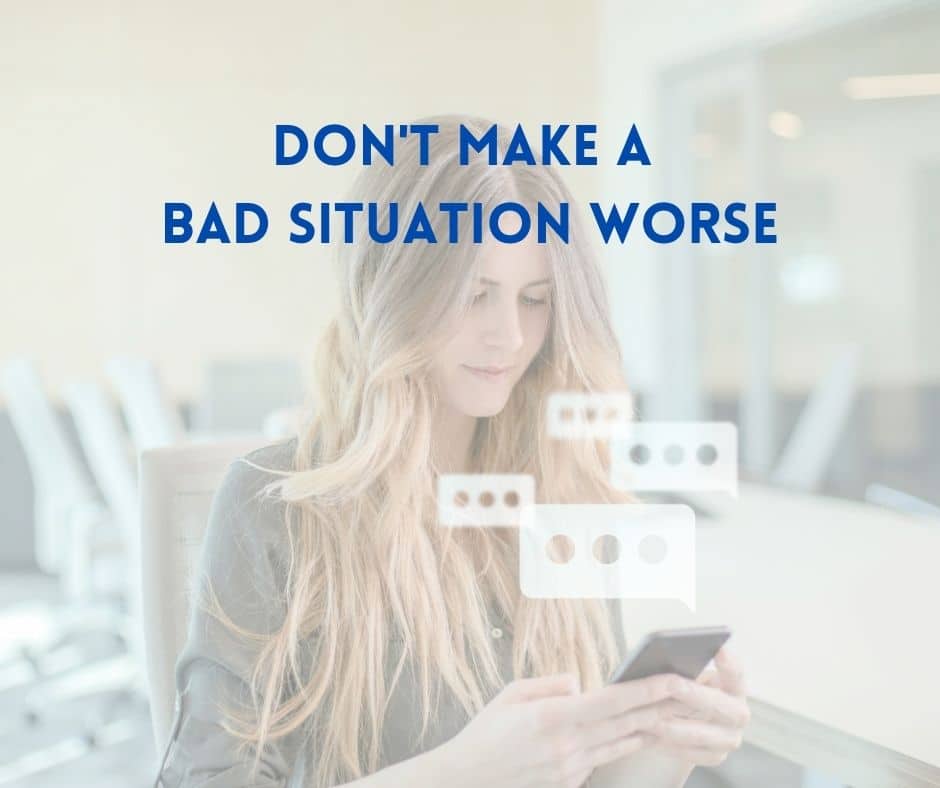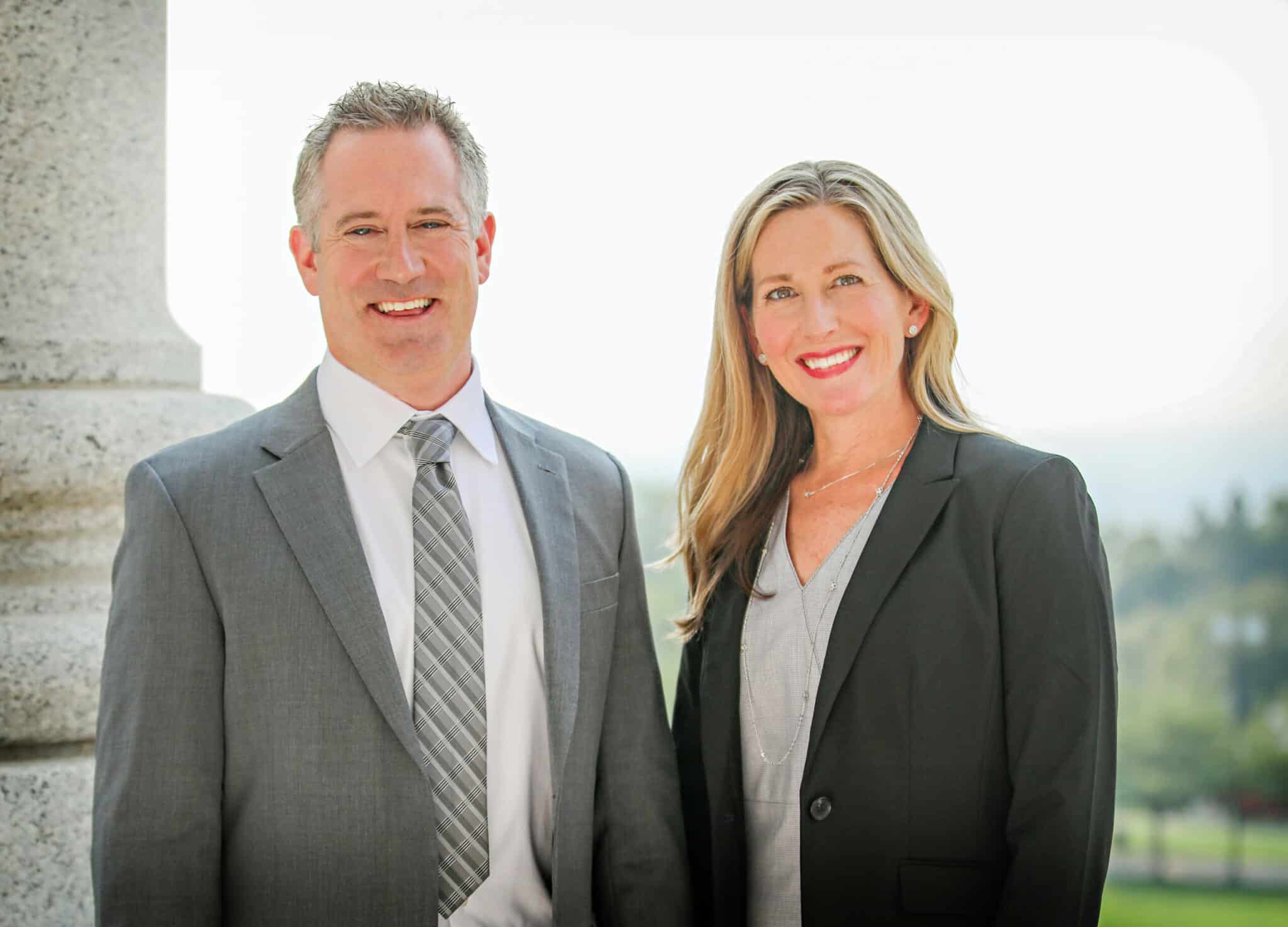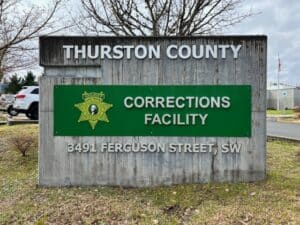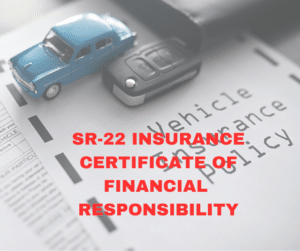
This blog is written for those of you who did not know about Washington’s mandatory arrest rule and, now, very much regret calling law enforcement on your partner. Most likely, your life is a mess right now. Your partner’s life is pretty bad, too. Perhaps you have children and now just one of you is in charge of everything—kids, pets, school projects, paying the bills, fixing cars, and the list goes on. The other partner misses those kids, has to find alternative housing or live in their car, and likely has some pretty significant financial consequences due to that call to law enforcement. Life is really bad. But, guess what? If you are the person who was not arrested and you’re trying to coordinate everything via texts and third party messages, you are making a bad situation worse. In fact, you are going to make it much worse for your partner and yourself. So, stop.
Why the increase in Assault charges?
We have had a record number of assault cases over the last two years. There is no doubt that a lockdown did not help otherwise happy couples get more bonded. It drove everyone crazy. We have had couples in happy 40+ year marriages to madly in love newlyweds—all caught up in dumb spats that resulted in an arrest. To understand why, you should read our blog on Washington’s mandatory arrest law but also know that just about anything in an argument can amount to an assault—including pouring a coke or glass of wine on someone’s head. Trust us, the prosecutor will charge you with a crime and one that impacts your livelihood, travel, family, gun rights, and so much more. So really take that to heart before you call the police to “settle the disagreement.” Community policing, where officers come to simmer down hot heads and ask if someone has another place to stay, does not exist anymore. So, really think about that before you call.
Why the behavior of the alleged victim matters
Even if you do not believe you are “victim” in the situation where your partner or family member is arrested, law enforcement and the courts do. For this reason, the victim can cause additional problems for your partner or loved one if she attempts to communicate. The term “communicate” covers a very broad methods of communication and includes using others to convey messages.
Basically, the person accused of assault can not say or do anything that would purport to translate to a message to the alleged victim. Even using the “like” button on Facebook on the victim’s post is a communication. Asking others to tell the victim “I’m sorry” is a communication. But, the most common problem we see is that the victim wants to reach out to the defendant to make sure everything is okay after being arrested. The defendant cannot reply so the victim starts texting and calling more. Then, the victim has other people reach out. Eventually, the defendant responds just to allay the victim’s concerns. This will get the defendant in much worse trouble because he has now violated a court order.
So, if you care about the person who was arrested, do not attempt to reach this person until the No Contact Order has been rescinded! This may take months but you are only causing more stress and trouble if you force the defendant to respond to you through incessant texts, calls, or threats.
This blog does not apply to those who face fear, control, violence, or physical harm
If you are in a violent, controlling, or dangerous relationship, you are the person the mandatory arrest law was written for and you need it. This blog is not about you. If you need help, that call to 911 is your lifeline and you should take it. You should also seek help from YWCA to get a safety plan so you know how to safely leave and have a place to go.
For those who do not consider themselves a victim, you have no control to “drop charges”
As stated before, we are seeing a massive increase in assault charges and the scenarios are fairly similar—couples who have cohabitated for years or even decades without any trouble. They were simply ill-informed on what role law enforcement plays in resolving family disputes. And, unfortunately, by the time we are involved, the “victim” in our case hates the police and is furious that law enforcement took over absolute control of their life. The person called 911 without realizing that law enforcement has almost no discretion and someone is likely going to jail. So, understand the control is in your hands until you dial 911. Don’t do it casually. Don’t do spitefully. Don’t do it without the knowledge that you can not “unring” that call. The victim does not “drop charges” nor have control over the No Contact Order. You are in the system and it is a long road to travel for everyone—including the person labeled “victim.”
The difference between a public defender and private attorney
For those with a public defender, you are probably looking at minimum of 4 months apart but probably more like 6 months of a No Contact Order (lots of time to potentially violate it and get charged with another more serious crime). The reason it takes longer is simply the time it takes to be assigned a PD, set the appointment with your lawyer, and actually speak with your lawyer regarding facts and strategy. Often, three months will pass and the defendant won’t even have a list of tasks from the lawyer that might help get the No Contact Order rescinded. That’s where those with a PD get derailed—you will be discussing plea offers or possibly going to trial for weeks or months, which will be quite tempting since you think it will “wrap up the case.” Unfortunately, the defendant completely misses the point that the No Contact Order will still be in place for months and the government still has control over your family’s lives.
So, if you have a family and want to return to them, you need a different strategy. You are not simply fighting the underlying charge but you have a major battle with the No Contact Order, which becomes the real risk to your well-being as well as your family. Therefore, Assault 4 with the domestic violence tag is one of those criminal charges where it is imperative you seek experienced private counsel.
A private defense lawyer can’t work magic and make it all go away instantly but those cases have very critical timelines that can impact how long you will be away from your partner and children. Private defense attorneys will have strategies that address all aspects of the case and, while the attorney cannot convey messages between the defendant and victim, she can usually explain the criminal process so the victim understands why the defendant cannot reply to phone calls or text messages.
Be proactive and do the tasks assigned by your attorney
If you hire private counsel, you should have a “to do” list of tasks within the first week of representation. Make that list your number one priority. You will likely need a DV assessment and those agencies are booked months out. But, that No Contact Order won’t be lifted without it so get busy calling!
We had a client find an appointment within a week but it was 200 miles away. You do what you have to do! It was a terrible agency that assesses whether you are likely to re-offend and also provides treatment. Not surprisingly, the agencies with dual functions often recommend lots of costly treatment. Unfortunately, it’s one of the hoops you have to jump through. This is the reason we tell clients to get scheduled in multiple places and on cancelation lists—to get into an agency that has a good reputation at the first chance possible.
The role the victim plays in the No Contact Order
Navigating assault charges where the defendant and victim do not agree with the police narrative, do not have a history of control or violence, have a long history of a healthy relationship, and have no interest in being separated, are going to have a tough time with this process. On occasion, the “victim” makes it much worse by repeatedly contacting the defendant because she needs help with the kids or cars. Do not do this.
You are playing with fire if you push the issue of communication during a No Contact Order. An additional criminal charge will make the process much longer, more costly, and create a greater likelihood that the two of you are not getting back together. So, while you may not have intended to have your partner arrested, you must respect the process and the court’s rulings. Do not tempt your partner into replying to your texts. Realize you are on your own for at least a month or more. Find help for the kids or the pets and sit tight while the attorney tries to put the No Contact Order behind you.
Call a local defense attorney
Wherever you are located, get a local experienced defense attorney to help. The cost of hiring private counsel will be a savings compared to dragging out the cost of a No Contact Order on your family. Do not seek counsel outside your state or local area because it means nothing for your case. For example, the mandatory arrest rule in Washington State does not apply in other states. You must call a lawyer in your area to get proper counsel and you need to do that as early as possible in your case.
If you have a criminal defense matter in western Washington and would like representation, please contact our office at (360) 792-1000. We assist with criminal charges in Thurston, Pierce, Jefferson, and Kitsap counties. If we can’t help you, we may have a referral option for you. We do not handle any matters outside of Washington state and do not have referral options for out of state. If your issue is not in Washington, you should search for a criminal defense attorney in your geographical location.

Get help now
Whether you choose to handle your case alone or engage the Witt Law Group, being informed and prepared is essential. Early involvement of an attorney can significantly impact your chances of a fair recovery, allowing you to focus on healing while we handle negotiations with insurance adjusters to secure fair compensation for your injuries.




